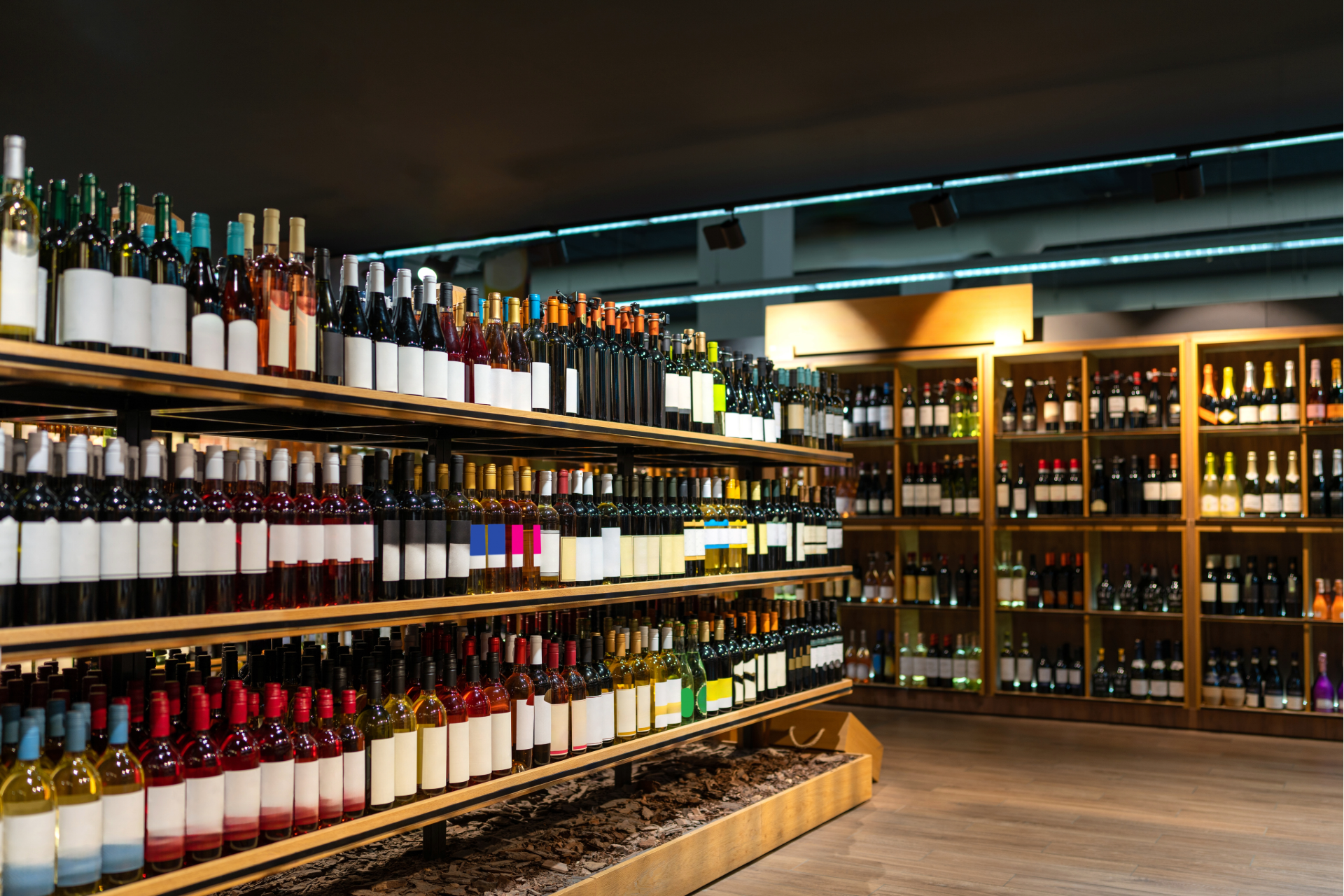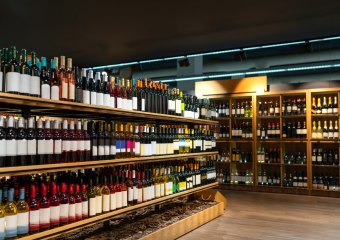Scaling Wineries: Top Digital Age Strategies & Exclusive Insights
Scaling a Winery in the Digital Age: Lessons from Local Success Stories
Digital Transformation in Vineyards and Wineries
The evolution of the winery business into the digital age isn’t just a trend; it’s a strategic overhaul that can determine the survival and growth of such establishments. In this modern era, traditional vineyards are morphing into tech-savvy brands. Through examining several local success stories, distinct strategies and digital tools emerge, which have been pivotal in scaling businesses in the highly competitive wine industry.
Embracing E-Commerce
One of the standout points from successful wineries is their adaptability to online sales platforms. E-commerce has extended the reach of local wineries beyond traditional geographic limitations. Implementing a seamless online sales system allows customers from across the globe to browse, review, and purchase their preferred wines without setting foot in the vineyard. Wineries using sophisticated algorithms can even suggest wines based on a customer’s previous purchases or browsing habits, enhancing user experience and increasing sales.
Leveraging Social Media
Social media platforms have become a cornerstone for effective marketing strategies in almost every industry, and winemaking is no exception. Successful vineyards have harnessed the power of platforms like Instagram, Facebook, and Twitter to build a community around their brand. Through regular posts showcasing the lush vineyard landscapes, behind-the-scenes production processes, and engaging wine-tasting events, wineries have managed to create buzz and attract wine enthusiasts. Social media doesn’t just promote interaction but also enables wineries to reach a broader audience with minimal advertising costs.
Utilizing Big Data and Analytics
Advanced data analytics is playing a crucial role in understanding market trends and consumer preferences. By analyzing data collected from various sources such as sales figures, customer feedback, and online behavior, wineries can make informed decisions about product development, marketing strategies, and seasonal releases. This proactive approach allows wineries to tailor their offerings more closely to consumer demands, potentially increasing their market share.
The Role of Mobile Applications
Many forward-thinking wineries have developed their mobile applications to enhance customer engagement and streamline operations. These apps often feature services like personalized wine recommendations, virtual wine cellar management, and easy reorder functions. Moreover, some apps integrate augmented reality (AR) to enrich the customer’s experience by visualizing how a wine bottle will look on their table, or explaining the wine’s flavor profile through interactive visual aids.
Adopting IoT for Winery Operations
The Internet of Things (IoT) is revolutionizing winery operations by enabling real-time monitoring and management of vineyard conditions. IoT sensors can track everything from soil moisture and temperature to vine health and grape maturity. This data is invaluable for winemakers in ensuring the best possible development of their vines, optimizing harvest timings, and ultimately, improving the quality of the wine produced.
Sustainability and Digital Initiatives
In an era where sustainability is increasingly becoming a consumer priority, digital tools offer innovative solutions to manage resources efficiently. Precision agriculture technologies can help reduce water usage and minimize the use of pesticides, which not only conserves the environment but also aligns with consumer expectations of eco-friendly business practices. Digital platforms can also aid in tracing product lifecycles, enhancing transparency, and fostering a stronger connection between consumers and the wine production process.
Conclusion:
Scaling a winery in the digital age requires a blend of traditional winemaking excellence and modern technological integration. The local success stories provide a blueprint for other vineyards across the globe. Implementing digital solutions not only streamlines operations but also significantly expands the market reach and customer base of a winery. As the world becomes increasingly digital, the ability to adapt and innovate will be key factors in the thriving future of the winemaking industry.
By taking cues from businesses that have successfully transitioned into the digital era, wineries can not only ensure their survival but also set the stage for significant growth and a robust global presence.





